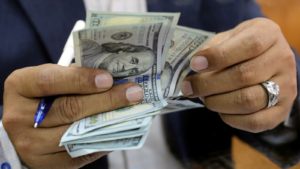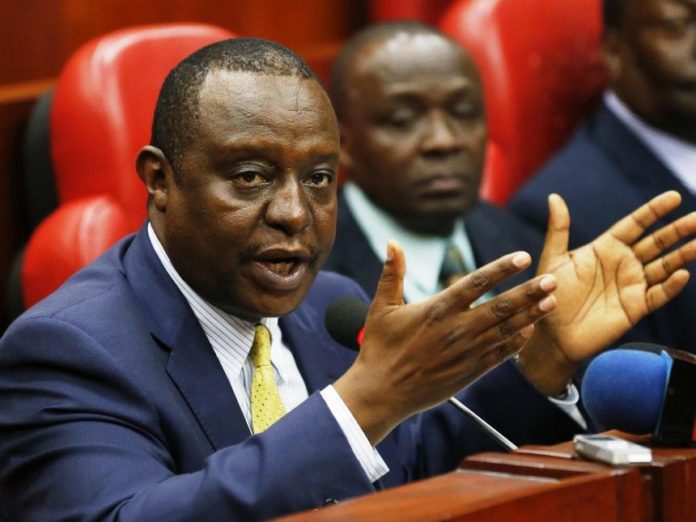By Farah Nguegan
In a bid to raise 3 Billion USD, the current Finance Bill 2018 seeks to fund state projects but risks heavily taxing the poor and making basic goods less accessible.
A 12% tax increase on mobile money transfer, an increase from 72.05 USD to 103.05 USD per 1000 liters and an increase of 50Cents USD on each bottled water are some of the proposals found in the current Finance Bill 2018, which reflect announcements by the Finance Cabinet Secretary, Henry Rotich.
The proposals will be affecting small businesses and key basic goods risks burdening the poor while lightening the tax load of the rich thereby contradicting current development goal of reducing inequality in Kenya as envisioned by the Big Four Agenda of the Jubilee Administration and Vision 2030.

Therefore, the Finance Bill still has too many contradictions to be passed in its current form. In addition to the tax increases on mobile money transfer, bottled water, and kerosene, the Bill proposes 100% increment on late tax payments interests per month or part thereof, and a VAT penalty of 20% for any late tax payments, among others.
Little or no taxes are mentioned in areas where it would make good sense to collect revenues. For instance, the Bill misses the opportunity to correct the problematic current cigarette tax structure which is two-tiers of 25 USD per mille for a cigarette with filters and 18 USD per mille for plain cigarettes. This increases tobacco products affordability, therefore defeating the tobacco consumption reduction goal. Secondly, it leads to loss of revenue for the government.
In their Submission of Memoranda to the 12th Parliament’s 2nd Session, The East Africa Tax and Governance Network (EATGN) together with other NGOs, Development Initiatives (DI), Institute for Economic Affairs Kenya (IEA-Kenya), Tax Justice Network Africa (TJNA), International Institute for Legislative affair (IILA) and the National Taxpayers Association (NTA), notes in relation to mobile money transfer taxes have called out the government saying ‘‘The proposal is oppressive to the poor who have just started enjoying the benefits of financial inclusion. Marginalised people (poor, women, low-income earners, the elderly, youth and other vulnerable persons) benefit from different streams of cash transfers under the National Safety Net Program. Often these transfers are made via mobile money. Hence an increase in the costs of transferring money ultimately reduces the number of cash transfers that beneficiaries receive thereby severely affecting their livelihoods.’’
The Lobby Groups note that while it is important to recognize the urge of revenue raising to finance development, vigilance should remain on heavier tax load the Bill puts on the poor by taxing essential commodities and services, thereby hindering entrepreneurship by taxing small businesses.
Rather than deepening the taxes as it currently proposes, the Finance Bill 2018 should broaden the tax base by improving the licensing system for artisans and traders.
The writer is a Communication Manager at Tax Justice East Africa














